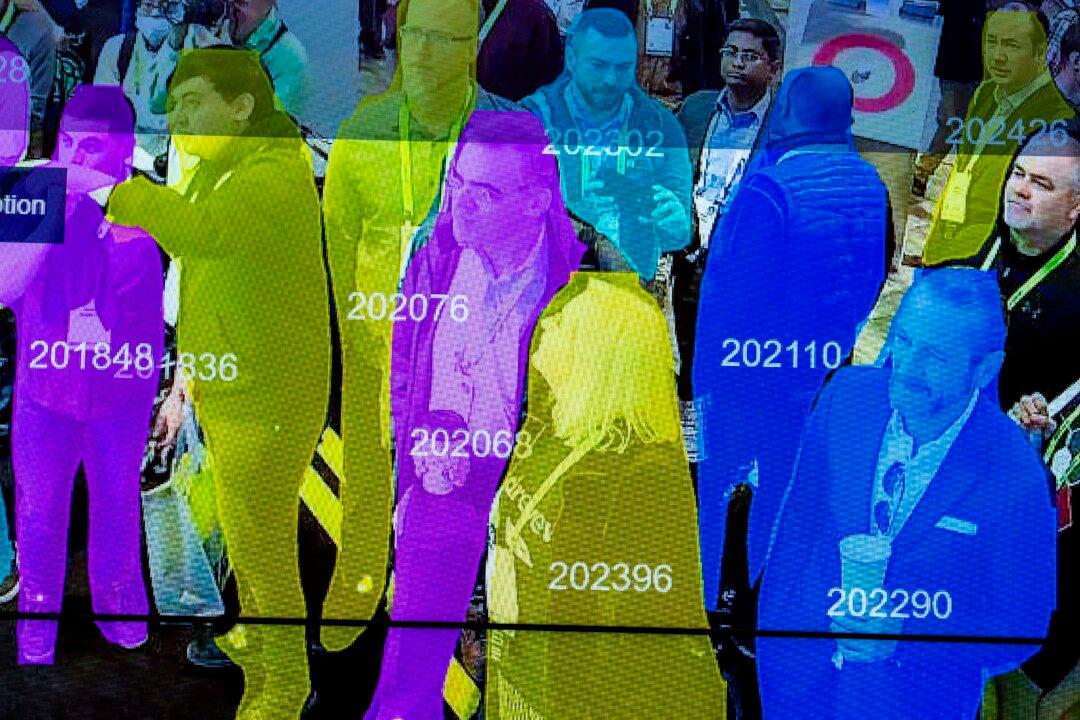Commentary
For the better part of a decade, I worked as a cryptanalyst for the National Security Agency (NSA). In that position, I handled highly classified documents on a daily basis. All of the people I worked with took the responsibility of dealing with classified information seriously, and if they hadn’t, the consequences would have been severe.




